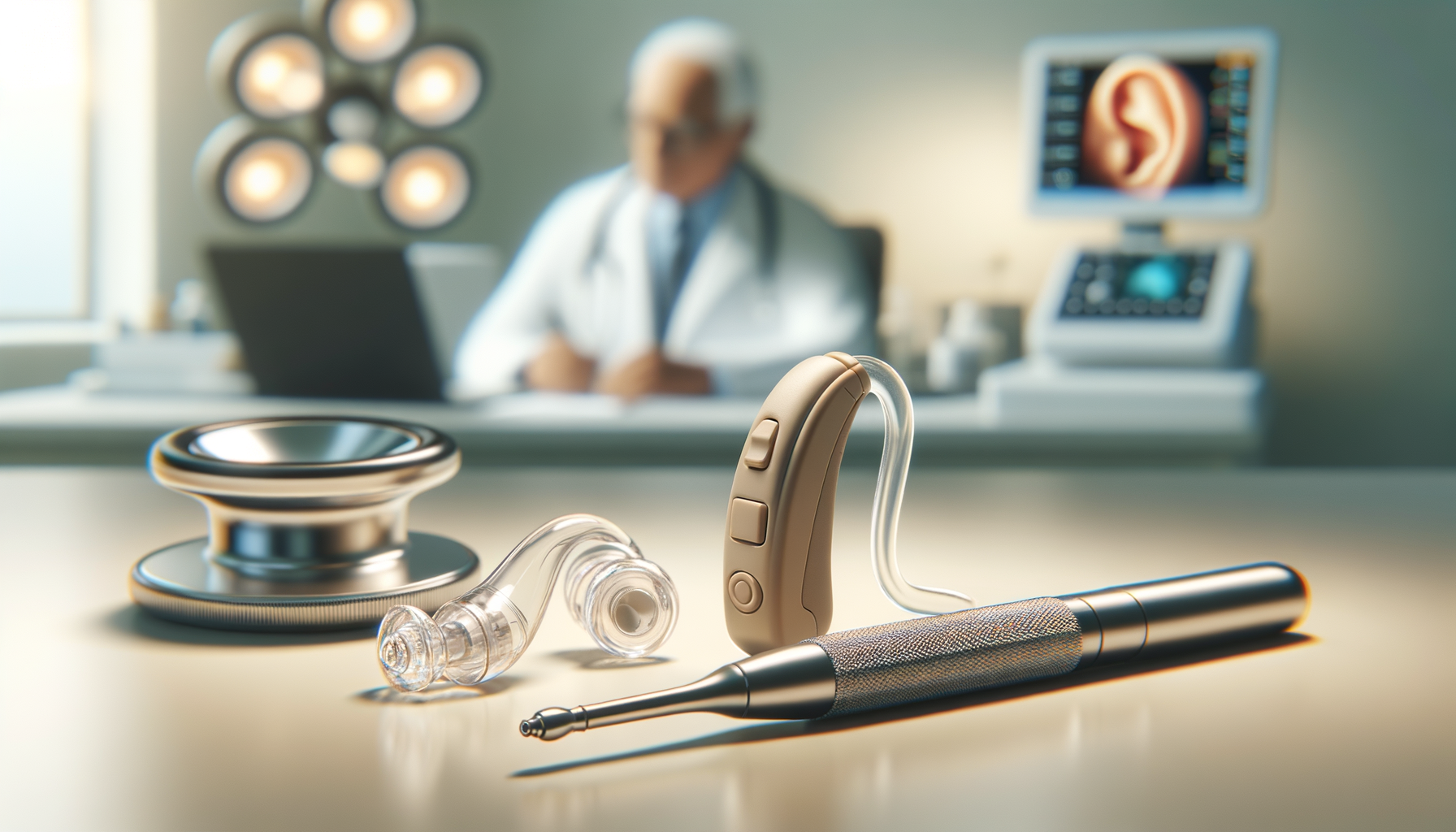The Importance of Regular Hearing Checkups
Hearing loss is a condition that often progresses gradually, making it difficult for individuals to notice changes in their hearing ability until significant impairment occurs. Regular hearing checkups are crucial because they can detect early signs of hearing loss, allowing for timely interventions. These assessments are typically performed by audiologists who use a range of tests to evaluate the hearing capacity. Early detection can lead to better management of hearing loss, which in turn can enhance quality of life by improving communication and social interactions.
Regular hearing checkups are especially important for older adults, as age-related hearing loss is common. However, younger individuals should not overlook the importance of these assessments, particularly if they are exposed to loud environments or have a family history of hearing loss. By scheduling regular checkups, individuals can ensure they are taking proactive steps in maintaining their hearing health.
Understanding Hearing Aids and Their Benefits
Hearing aids are one of the primary solutions for managing hearing loss. These devices amplify sound, making it easier for individuals to hear and communicate. Modern hearing aids come with a variety of features, including digital sound processing, noise reduction, and connectivity with other devices like smartphones. They are designed to be discreet and comfortable, ensuring users can wear them throughout the day without discomfort.
There are several types of hearing aids available, each suited to different levels of hearing loss and lifestyle needs. Some of the common types include behind-the-ear (BTE), in-the-ear (ITE), and completely-in-canal (CIC) models. Each type offers unique benefits, and a professional audiologist can help determine the most suitable option for an individual based on their specific hearing profile and preferences.
The Role of Lifestyle in Hearing Health
Maintaining a healthy lifestyle can significantly impact hearing health. Factors such as diet, exercise, and avoiding exposure to loud noises play a crucial role in preserving hearing ability. A balanced diet rich in vitamins and minerals supports overall health, including the auditory system. Regular exercise improves blood circulation, which is vital for maintaining healthy ears.
Additionally, protecting ears from loud environments is essential. This can be achieved by using ear protection in noisy settings, such as concerts or construction sites, and by keeping the volume at a safe level when using headphones. By incorporating these habits into daily life, individuals can preserve their hearing and reduce the risk of hearing loss.
Technological Advancements in Hearing Aid Devices
Technological advancements have significantly improved the functionality and accessibility of hearing aids. Modern devices are equipped with features that enhance sound quality and user experience. For instance, many hearing aids now offer Bluetooth connectivity, allowing users to stream audio directly from their devices. This feature is particularly beneficial for those who frequently use smartphones or other digital devices.
Another advancement is the development of rechargeable hearing aids, which eliminate the need for regular battery replacements. These devices are not only convenient but also environmentally friendly. Additionally, some hearing aids come with smartphone apps that allow users to customize settings and receive real-time feedback on their hearing performance.
Conclusion: Taking Charge of Your Hearing Health
Addressing hearing loss proactively is essential for maintaining a high quality of life. Regular checkups and the use of appropriate hearing aids can significantly enhance communication and daily interactions. By understanding the various aspects of hearing health and the available treatments, individuals can make informed decisions that support their lifestyle and preferences.
Taking the first step by scheduling a hearing test can lead to better hearing health and a more engaged life. Whether through hearing aids or other support, timely care may help improve communication and daily comfort. Prioritizing hearing health is a crucial component of overall well-being, and with the right approach, individuals can enjoy a fuller, more connected life.




Leave a Reply